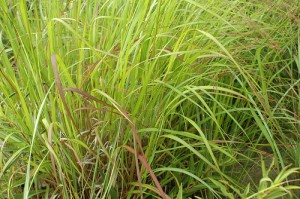
They say they have pinpointed the gene that controls ethanol production capacity in a microorganism, which could be the missing link in developing more efficient and cheaper biomass crops.
Current methods to make ethanol from a type of biomass found in switchgrass and agricultural waste require the addition of expensive enzymes to break down the plant’s barriers that guard energy-rich sugars. The gene discovered controls ethanol production in a microorganism known as “Clostridium thermocellumâ€. With it scientists will be able to experiment with genetically altering biomass plants to produce more ethanol.
“The Department of Energy relies on the scientific discoveries of its labs and research centers to improve the production of clean energy sources,†said Energy Secretary Steven Chu. “This discovery is an important step in developing biomass crops that could increase yield of ethanol, lower production costs and help reduce our reliance on imported oil.â€
The Clostridium thermocellum has been studied for decades, but scientists so far had been unable to determine the genetic basis for its ability to tolerate higher concentrations of ethanol.
The research team used a multi-disciplinary approach thanks to the various types of expertise from those involved. The team’s results were published in the Proceedings of the National Academy of Sciences and the invention is available for licensing.
You should follow us here.





